
New report about the experiences of people with rare autoimmune rheumatic diseases
 February 28th, 2018
February 28th, 2018 Nakita Cambow
Nakita Cambow Latest News
Latest News 0 Comments
0 Comments
People living with rare autoimmune rheumatic diseases are facing major obstacles to diagnosis, treatment and lifestyle according to a major new study published today.
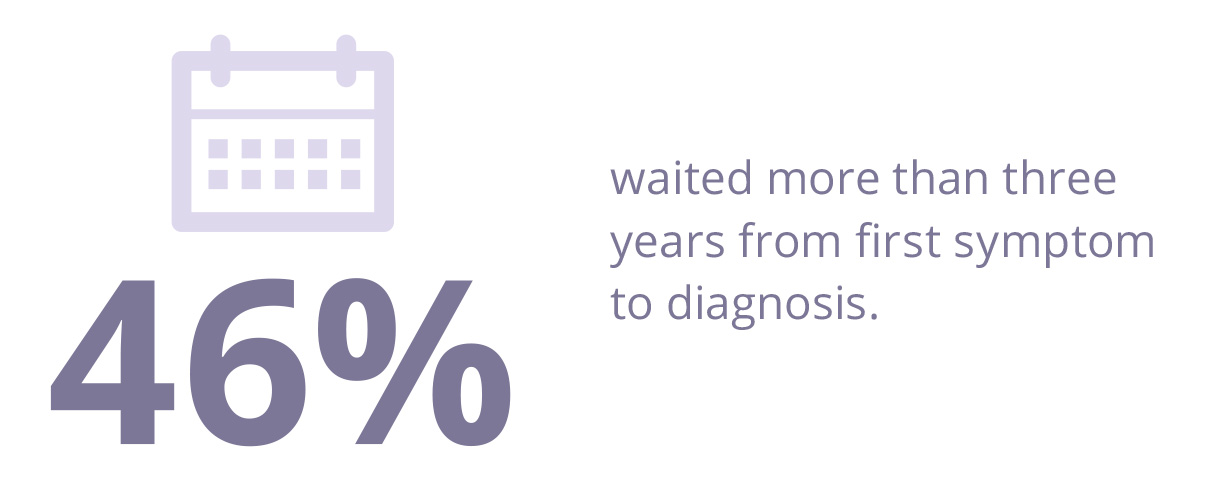 The report, “Reduce, Improve, Empower” published by the Rare Autoimmune Rheumatic Diseases Alliance (RAIRDA) to coincide with National Rare Disease Day, reflects the experiences of more than 2,000 people across the UK who are living with lupus, scleroderma and vasculitis. It found that almost half of those people had to wait more than three years between experiencing the first symptom of their condition and being correctly diagnosed, and have continued to face ongoing struggles since.
The report, “Reduce, Improve, Empower” published by the Rare Autoimmune Rheumatic Diseases Alliance (RAIRDA) to coincide with National Rare Disease Day, reflects the experiences of more than 2,000 people across the UK who are living with lupus, scleroderma and vasculitis. It found that almost half of those people had to wait more than three years between experiencing the first symptom of their condition and being correctly diagnosed, and have continued to face ongoing struggles since.
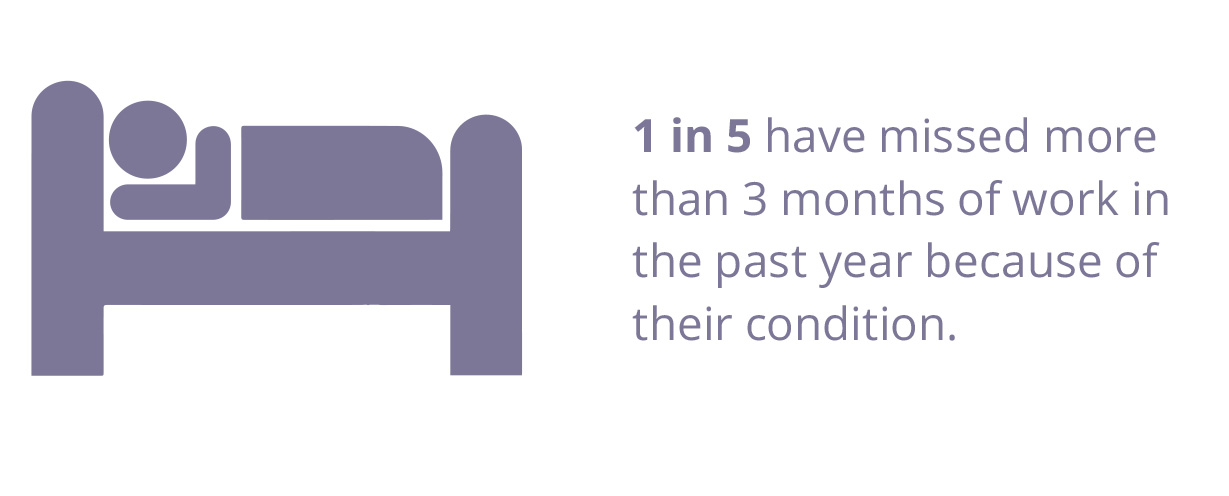 Two-thirds of people living with one of these conditions reported needing to visit multiple hospitals in order to get the treatment and care they need, with the majority not convinced that their care is properly co-ordinated. The impact of these rare conditions can be significant – one in five people reported missing more than three months of work in the past year as a result of their condition, with a similar proportion having to give up work entirely.
Two-thirds of people living with one of these conditions reported needing to visit multiple hospitals in order to get the treatment and care they need, with the majority not convinced that their care is properly co-ordinated. The impact of these rare conditions can be significant – one in five people reported missing more than three months of work in the past year as a result of their condition, with a similar proportion having to give up work entirely.
The Department of Health published the UK Rare Disease Strategy in 2013, but the strategy – and the implementation plans that have followed – focus largely on genetic conditions, leaving people with rare autoimmune conditions still looking for answers.
Commenting on the results, Dr Peter Lanyon, chair of RAIRDA, said:
“This report demonstrates for the first time the similar needs and experiences of people living with rare autoimmune rheumatic diseases. Lupus, scleroderma and vasculitis are incurable conditions where the body’s own immune system attacks and damages healthy tissue and organs.
“This can have an overwhelming effect on the quality and length of life; for example, one in seven people with ANCA-associated systemic vasculitis die within a year of diagnosis. Early treatment for all these conditions is essential, and so the potential delays reported here of three years or more to get a diagnosis are concerning.
“These findings are a stark reminder of the challenges that people living with these conditions face, from getting a diagnosis, to accessing treatment and to coping with the impacts on home, work and family life.
“So we have set out a series of potential solutions linked to three important aims – to reduce delays in diagnosis, to improve the coordination of care, and to empower people with greater knowledge.”
Sue Farrington, Chief Executive of Scleroderma and Raynaud’s UK (SRUK) further commented:
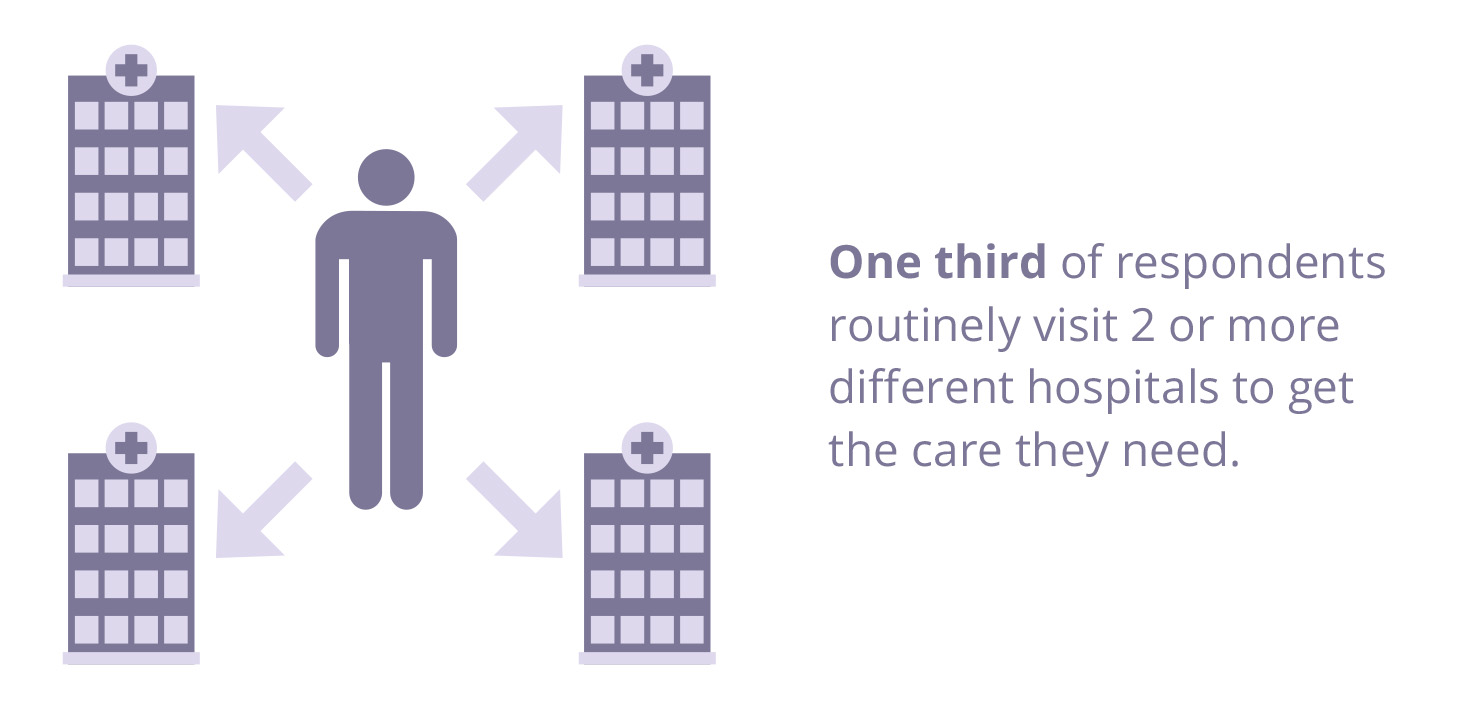 “More than 90% of respondents told us that they had received care from multiple different specialisms – but less than one in five did so at a joint clinic. Many people reported needing to visit two, three, four – or more – different hospitals, which is likely to have an effect on how well care is coordinated.
“More than 90% of respondents told us that they had received care from multiple different specialisms – but less than one in five did so at a joint clinic. Many people reported needing to visit two, three, four – or more – different hospitals, which is likely to have an effect on how well care is coordinated.
“This report sheds light on the challenges faced by people with rare, non-genetic conditions. RAIRDA is committed to working with all stakeholders to achieve these aims, to improve the lives of people living with rare autoimmune rheumatic diseases.”
Ali Rivett, CEO of British Society for Rheumatology (BSR), added:
“This report is the first of its kind and highlights the value of the RAIRDA partnership, which brings clinicians and patients together to improve the quality of care for these rare conditions. We now call on the government, the NHS and other health bodies to work with us to implement the recommendations and help improve the situation for all people living with these conditions.”
You can read/download the full report by clicking below;
READ REPORT
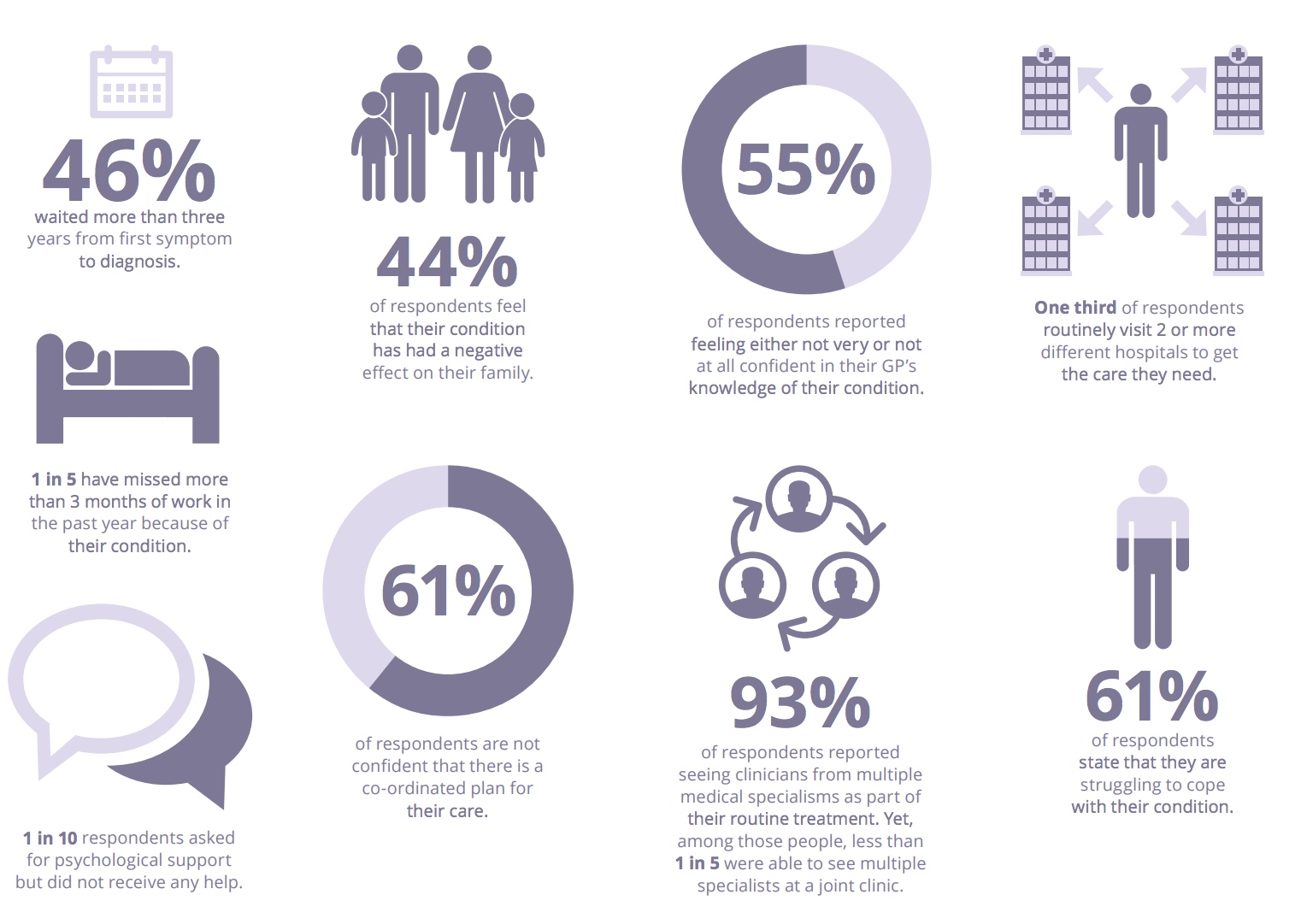
 |
The Rare Autoimmune Rheumatic Diseases Alliance (RAIRDA) is a forum established to bring together clinical and patient organisations and other key stakeholders in order to improve care for people living with rare autoimmune rheumatic diseases. Its members are British Society for Rheumatology, Scleroderma and Raynaud’s UK, LUPUS UK, Vasculitis UK and the British Sjögren’s Syndrome Association, who together represent more than 2,000 clinicians and medical professionals and more than 40,000 people living with rare autoimmune rheumatic diseases across the UK. RAIRDA is a member of the Specialised Healthcare Alliance and the UK Rare Disease Forum. |
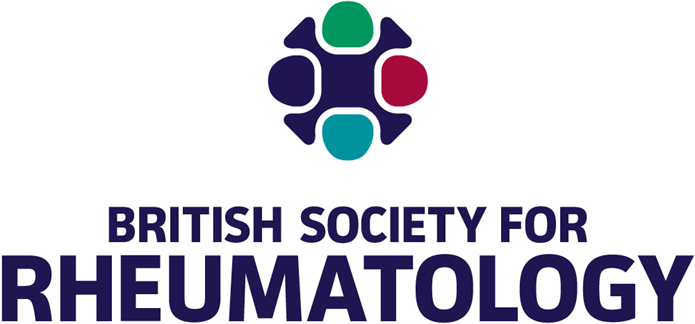 |
The British Society for Rheumatology is the leading UK specialist medical society for rheumatology and musculoskeletal care professionals. It has more than 2,000 members including clinicians, specialist nurses and allied health professionals. |
| Scleroderma and Raynaud’s UK (SRUK) is the only UK Charity dedicated to improving the lives of people with Scleroderma and Raynaud’s phenomenon. It supports twenty-two thousand people in Britain living with those conditions. | |
 |
Vasculitis UK supports those across the UK living with vasculitis diseases – as many as 14,000 people are newly diagnosed each year – as well as their families, by providing information and advice. It works to raise awareness of vasculitis disease among medical professionals and the general population. |
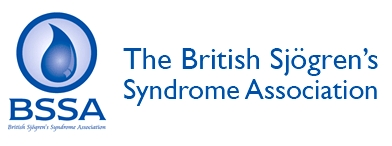 |
The British Sjögren’s Syndrome Association (BSSA) is a self-help organisation with more than 2,300 members, dedicated to providing mutual support and information to individuals affected by this disabling disease. |
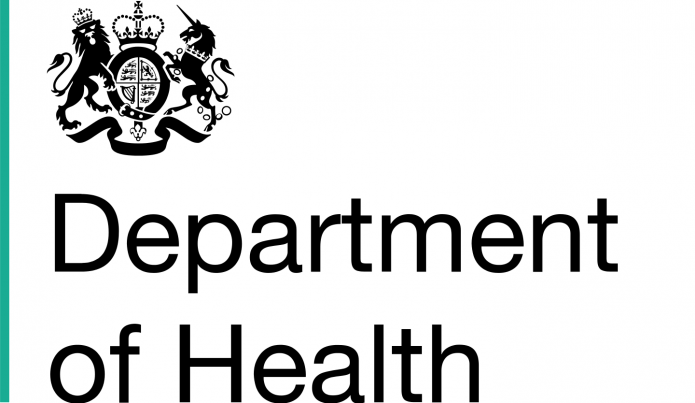 |
The Department for Health, along with the devolved governments, published the UK Strategy for Rare Diseases in 2013. Each nation has subsequently published an implementation plan for the strategy: Scotland in June 2014, Wales in February 2015, Northern Ireland in October 2015, and England in January 2018. |
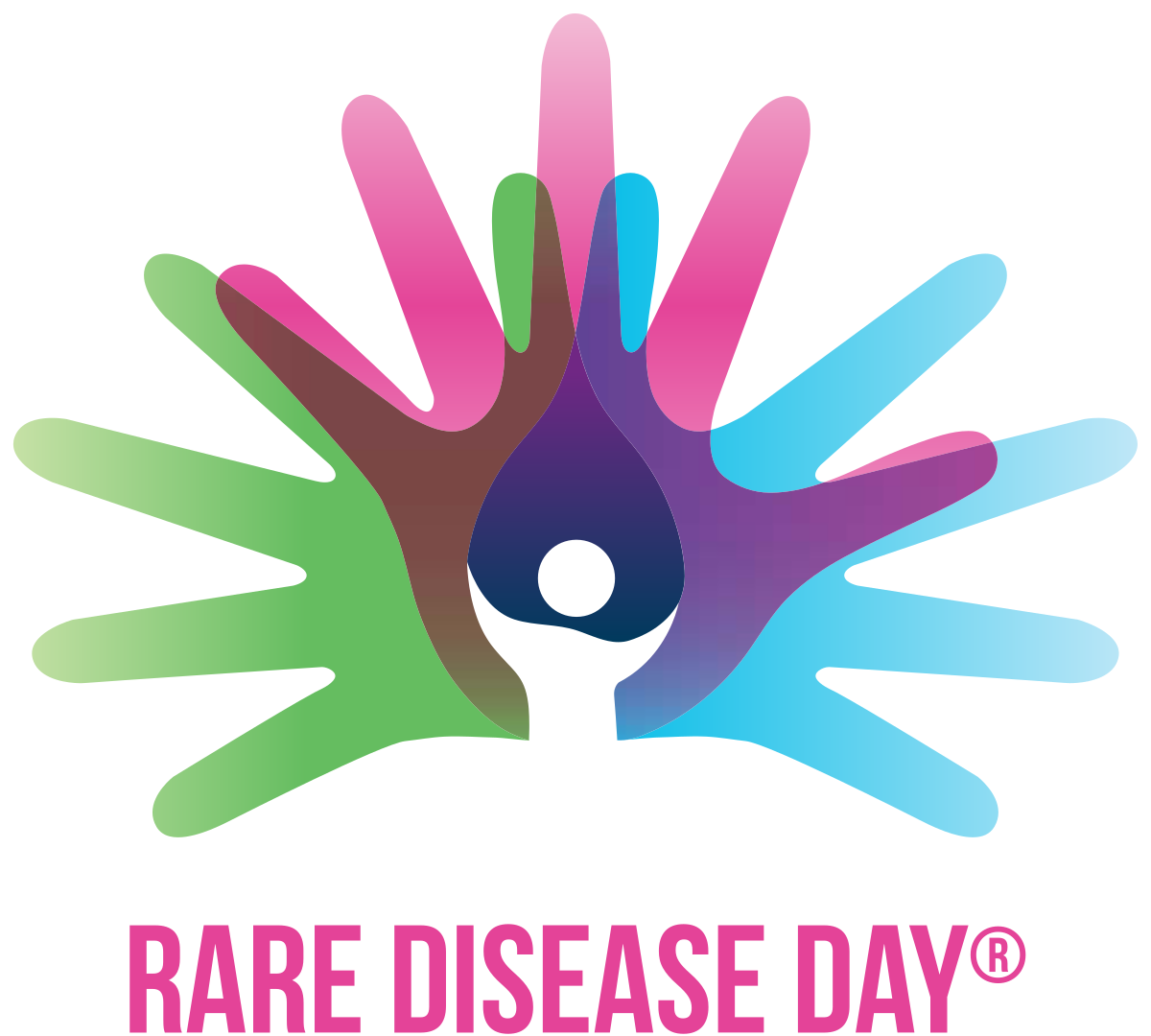 |
Rare Disease Day 2018 takes place on Wednesday 28th February 2018. |

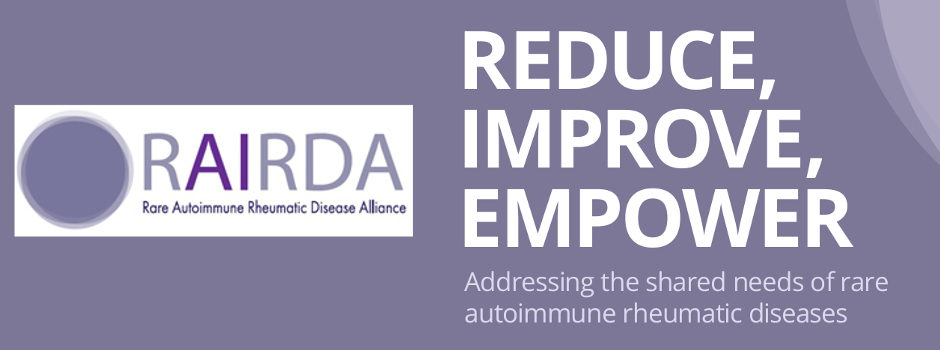

 ©2024 LUPUS UK (Registered charity no. 1200671)
©2024 LUPUS UK (Registered charity no. 1200671)